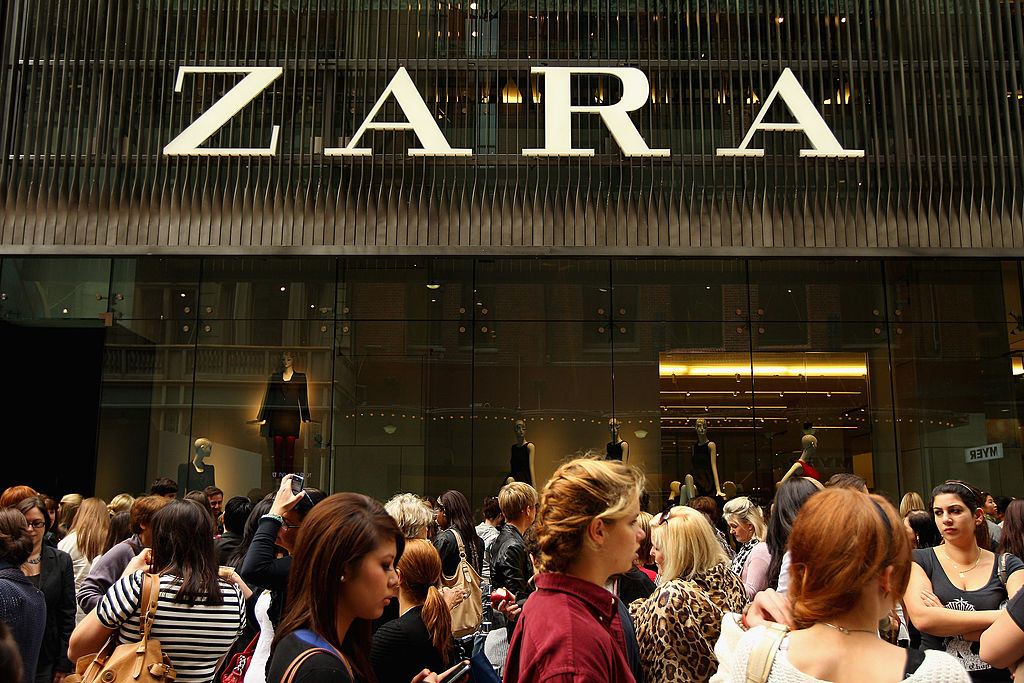The QAnon-style in anti-Israel conspiracy theories

On Boxing Day pro-Palestine demonstrators met customers at the Zara sale in the Westfield shopping centre, in Stratford, east London. They were not there to wish them the compliments of the season.
‘Bombs are dropping while you’re shopping’, they chanted, as police stood by to make sure the protests did not turn violent. ‘Zara is enabling genocide’, their placards read.
Quite what they wanted bargain hunters to do about the Israeli forces bombing the Gaza Strip, they never said. Lobby their MPs? Politicians are on their Christmas holidays. Join the Palestinian armed struggle? It was unclear whether the shopping centre had a Hamas recruitment office.
But on one point the demonstrators were clear: no one should be buying from Zara. Even though the fashion chain has not encouraged Israel’s war against Hamas, profited from it, or supported Israel in any material way, it was nevertheless ‘exploiting a genocide and commodifying Palestine’s pain for profit’.
Zara, in short, has become the object of a paranoid fantasy: a QAnon conspiracy theory for the postcolonial left.
The Zara conspiracy is an entirely modern phenomenon. It has no original author. Anti-Semitic Russians sat down and wrote the Protocols of the Elders of Zion in the early 20th century. There was an actual ‘Q’ behind the QAnon conspiracy: a far-right activist who first appeared on 4chan message boards in 2017 to claim that a cabal of child abusers was conspiring against Donald Trump.
The Zara conspiracy was mass produced by social media users: an example of the madness of crowds rather than their supposed wisdom.
This article has been archived for your research. The original version from The Spectator can be found here.


